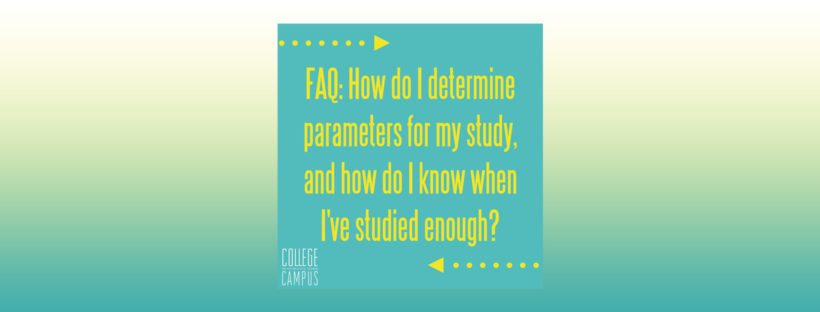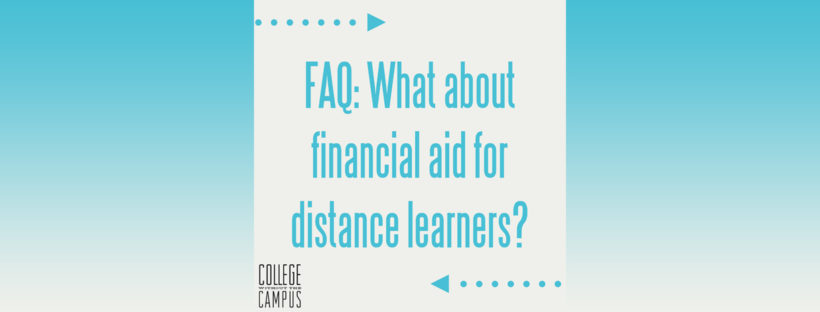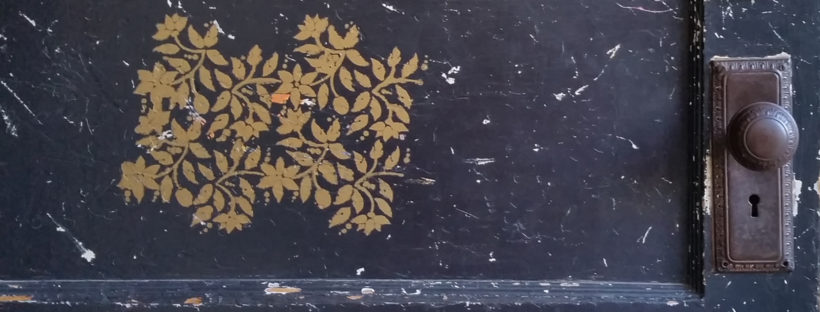I remember a most welcome discussion at Hollywood Video with a hilarious family friend in his late 30’s. He knew I was graduating from high school soon.
“What do you want to do next?” he asked.
“I don’t know for sure,” I replied.
“Well, that’s okay,” he said, suddenly becoming thoughtful. “I’m grown up and I still haven’t decided what I want to do!”
His words encouraged me. I wasn’t the only one who didn’t know what my life’s focus would look like in terms of a career.
Start with the end goal—where do you see yourself?
I always admired those students who knew, in high school or earlier, what they wanted to do as a career. They had discovered a passion or found a cause that they wanted to devote themselves to. I, on the other hand, liked many different fields and could see my life going in several directions.
When it came to college I wanted to leave some options open. This is why I chose to take CLEP tests during my freshman year of college: I could explore the various disciplines typical of general education courses to improve my skills and knowledge without going into debt. However, another option would have been to job shadow in several fields.
Find the professionals. How did they get there?
When students job shadow or intern, they are able to preview what the day-to-day in their potential career is like. After I read There Is Life After College, I realized that viewing job goals from the end result would help students reach those goals.
Let’s say I want to be an electrician. Because my dad is a licensed journeyman electrician, I have a go-to source of someone who can tell me exactly how he achieved the skills for this certification and also this job. When I begin with the end in mind, I can plan for the experiences I’ll need to be successful.
Dealing with uncertainty: If you don’t know what you want to do
It’s great when you do know which career you will pursue. But if you still have several options on the table, you may want to try out a few jobs in different career fields to see which you enjoy the most.
Many of my peers were interested in nursing. I have friends who chose nursing school after interning at a hospital. I also have friends who volunteered at a hospital or began nursing courses and found it wasn’t for them. By testing the water in a certain career, you’re making progress toward the end goal of learning where you thrive. You’re also giving yourself the opportunity to change your mind while the risk and cost is low. You may have to try various things and take more time to reach your goal, but you are more likely arrive at the right destination.
Make choices to reduce stress.
The most frustrating parts of high school and college is the uncertainty. Even if you know exactly which career you want to choose, you may not know how to get there. Add to that the pressure to not fall behind peers or disappoint parents, and this time of transition may be quite scary. During this time it’s a good idea to try things. Try things that leave your options open, that encourage you to keep learning and growing without saddling yourself with debt. Perhaps you’ll:
- enroll in a college course during high school,
- take a CLEP or DSST test,
- do a short-term internship,
- volunteer for a few months,
- take a job,
- and/or travel.
All these things can help you build your experiences before you narrow your options and spend the majority of your time pursuing one. With your eye on the endgame, you can reduce stress, gain experience, bolster your résumé and learn more about yourself to prepare for a job you love. And when you love your job, you won’t have to work a day in your life.

![]()


